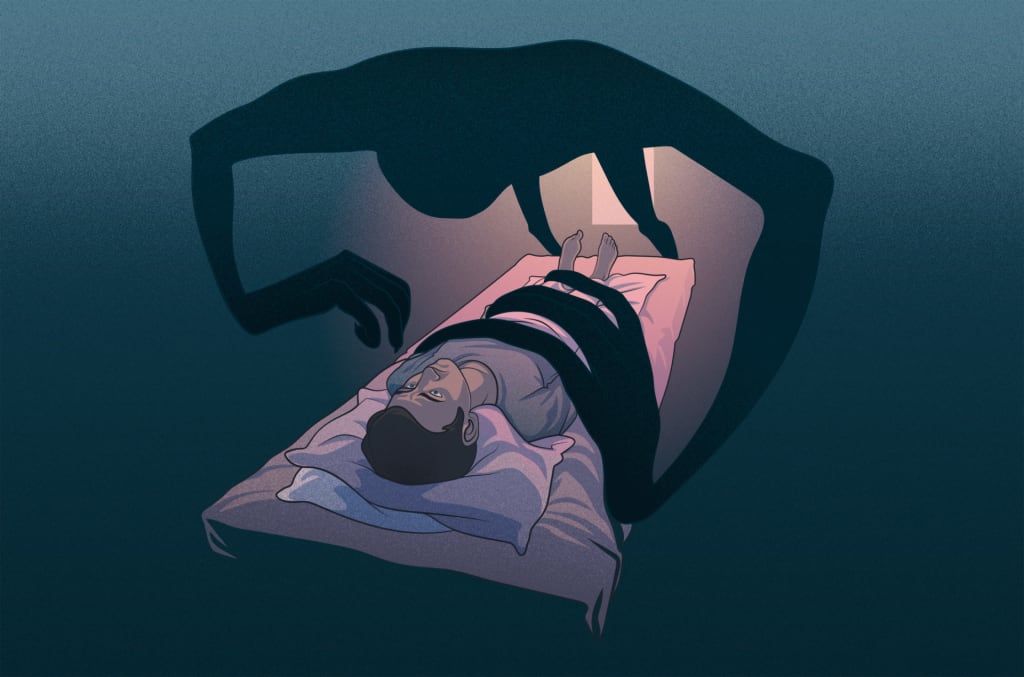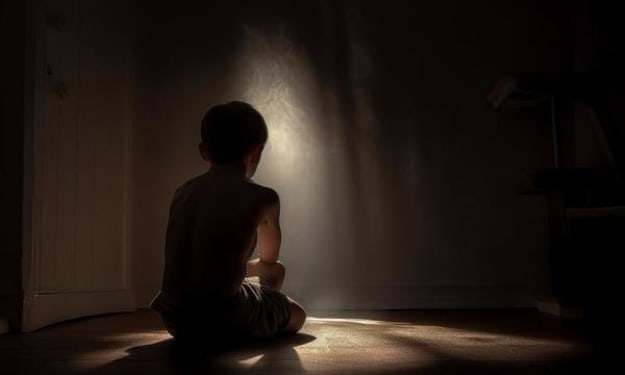Understanding the Mysteries of Sleep Paralysis
Sleep Paralysis

Imagine waking up in the dead of night, fully conscious but unable to move a single muscle. You're aware of your surroundings, yet a heavy weight pins you down, and eerie sensations pervade your senses. This phenomenon, known as sleep paralysis, is a perplexing and often terrifying experience reported by people across cultures and throughout history. As we delve into the enigmatic world of sleep paralysis, we uncover not only its scientific underpinnings but also its profound impact on those who endure its grasp. From the realms of neuroscience to the depths of folklore, this article explores the mysteries and realities of sleep paralysis, shedding light on a phenomenon that blurs the lines between dreams and wakefulness, fear and fascination.
Sleep paralysis manifests as a unique blend of eerie sensations and physical immobility that occurs either when falling asleep or waking up. Understanding its symptoms provides insight into the profound impact it has on those who experience it:
1. Inability to Move: The hallmark symptom of sleep paralysis is the temporary inability to move or speak. Despite being fully conscious of their surroundings, individuals find themselves paralyzed, often feeling as though an invisible force holds them down.
2. Hallucinations: Alongside paralysis, vivid hallucinations are commonly reported during episodes of sleep paralysis. These can include seeing shadowy figures or experiencing a presence in the room, hearing eerie sounds or voices, and feeling tactile sensations such as pressure on the chest or a sense of levitation.
3. Intense Fear and Anxiety: The combination of paralysis and hallucinations frequently evokes intense fear and panic in those experiencing sleep paralysis. The inability to move coupled with unsettling hallucinations can lead to a profound sense of dread and anxiety.
4. Sense of Suffocation or Pressure: Many individuals describe sensations of pressure on the chest or a feeling of suffocation during sleep paralysis episodes, contributing to the overall distressing nature of the experience.
5. Shortness of Breath: Some people report difficulty breathing or a sensation of being unable to take a deep breath, adding to the discomfort and fear associated with the episode.
6.Duration and Frequency: Episodes of sleep paralysis typically last for a few seconds to a few minutes, though the perception of time can be distorted during these episodes. While occasional episodes are common, some individuals may experience them more frequently, which can significantly impact their quality of life and sleep patterns.
7.Post-Episode Effects: After a sleep paralysis episode, individuals may feel exhausted, disoriented, or anxious. The lingering fear and uncertainty about when the next episode might occur can also contribute to disrupted sleep patterns and daytime fatigue.
8. Understanding these symptoms and experiences provides crucial insight into the complex nature of sleep paralysis, highlighting its intersection between sleep physiology, psychology, and the lived experiences of those affected.
Sleep paralysis, a phenomenon that bridges the realms of sleep and wakefulness, remains a captivating yet unsettling experience for those who encounter it. Throughout this exploration, we've delved into its symptoms—paralysis, hallucinations, and profound fear—shedding light on the profound impact it can have on individuals. From ancient folklore to modern scientific explanations, sleep paralysis has been interpreted and understood through various lenses, each offering unique perspectives on its origins and implications.
While neuroscience provides insights into the physiological mechanisms underlying sleep paralysis—namely, the interruption of REM sleep and the temporary paralysis that accompanies it—cultural interpretations and personal narratives reveal its deep-seated presence in human history and consciousness. Across cultures, sleep paralysis has been woven into tales of supernatural encounters and spiritual awakenings, reflecting its enduring impact on human imagination and belief systems.
Moreover, our understanding of sleep paralysis continues to evolve, offering hope for those who endure its grip. Strategies for managing and mitigating its occurrence—whether through improving sleep hygiene, reducing stress, or seeking therapeutic interventions—underscore the importance of tailored approaches in alleviating its disruptive effects.
Ultimately, sleep paralysis serves as a reminder of the intricate interplay between our waking thoughts and our subconscious realms, where dreams and fears converge in fleeting moments of vulnerability. By unraveling its mysteries, we not only illuminate the complexities of human sleep but also affirm the resilience of individuals who navigate its challenges. As we continue to explore the frontiers of sleep science, may our understanding of sleep paralysis deepen, offering solace and insight to those who encounter its enigmatic embrace.
In closing, sleep paralysis stands as a testament to the boundless mysteries of the human mind—a phenomenon that invites us to contemplate the blurred boundaries between reality and perception, and the enduring quest to comprehend the depths of our subconscious experiences.
About the Creator
Nyx
Hello!
I'm Nyx, a young student who wishes to make some money through marketing products on amazon by posting articles.
Enjoyed the story? Support the Creator.
Subscribe for free to receive all their stories in your feed. You could also pledge your support or give them a one-off tip, letting them know you appreciate their work.





Comments
There are no comments for this story
Be the first to respond and start the conversation.